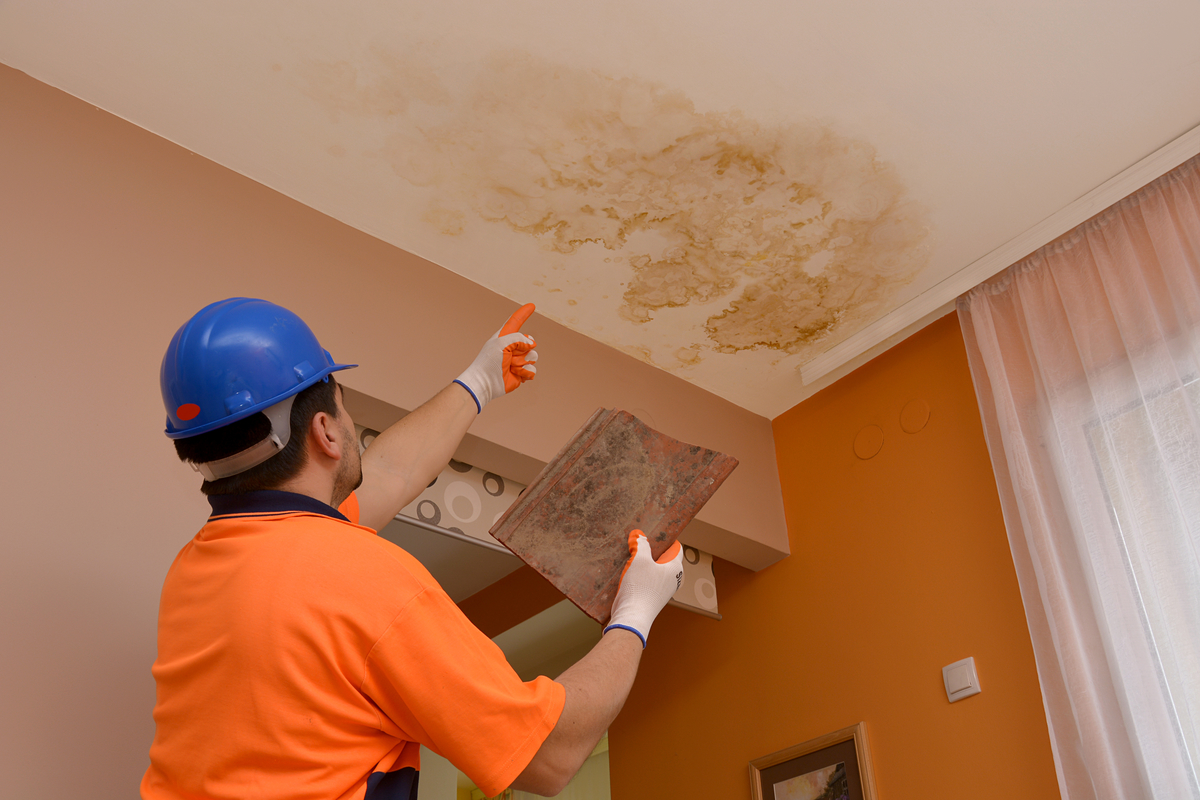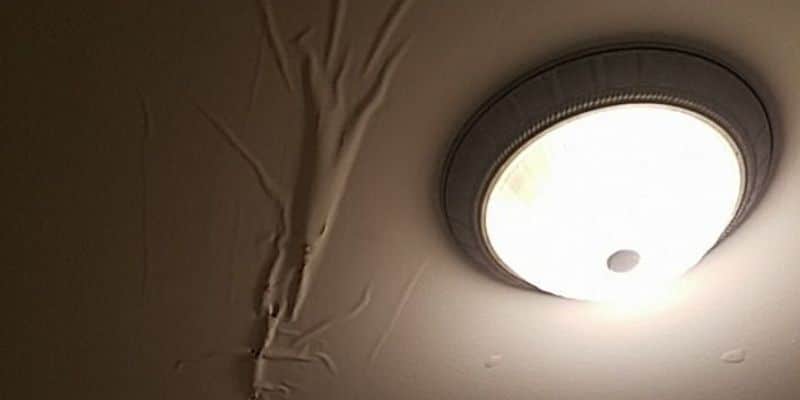Primary Six Reasons Why Water Leaks Occur in Homes: Essential Insights
Primary Six Reasons Why Water Leaks Occur in Homes: Essential Insights
Blog Article
What're your ideas with regards to Most Common Causes of Leaky Pipes?

Leakages not just trigger waste of water but can also create unnecessary damages to your house and also promote undesirable organic development. However, water leakages may go undetected since a lot of the pipework in our residence is concealed. By looking as well as understanding for everyday scenarios that create leaks, you can protect your residence from future leakages and unneeded damages. Today, we will look at 6 leak causes that might be triggering your pipes to trickle.
Elbowing in roots
A lot of water leaks start outside your house instead of inside it. If you notice an unexpected decline in water pressure, state in your faucet, take time to head out and examine your backyard. You might discover damp spots or sinkholes in your yard, which might indicate that tree origins are invading water lines triggering water to permeate out. You can have your plumber look for invasion, specifically if you have trees or shrubs near your home.
Corroded water systems
As time passes by, your plumbing system ages and also deterioration such as rust might start gnawing the pipelines. This may be the cause of staining or warping on your pipes. This calls for an examination with your plumber promptly. Consider replacing the pipes considering that they are at a greater risk of rust than the more recent versions if our plumbing system is old.
Defective Pipe Joints
Pipe joints can wear away over time, resulting in water leakages. If you have noisy pipelines that make ticking or banging sounds, particularly when the hot water is transformed on, your pipe joints are possibly under a great deal of pressure.
Instantaneous temperature level modifications.
Extreme temperature level changes in our pipelines can trigger them to expand and also acquire unexpectedly. This development and tightening may create fractures in the pipes, specifically if the temperature level are below freezing. It would be best if you kept an eye on just how your plumbing works. The presence of the formerly mentioned conditions frequently shows a high danger.
Poor Water Connectors
At times, a leakage can be created by loose pipes and also pipes that supply your devices. In case of a water connections leakage, you might notice water running straight from the supply line or pools around your appliances.
Blocked Drains
Obstructed drains pipes might be frustrating and also inconveniencing, however they can often wind up causing an overflow resulting in rupture pipelines. Maintain removing any kind of products that may go down your drains that might obstruct them to stay clear of such inconveniences.
All the above are root causes of leaks yet not all water leakages arise from plumbing leakages; some leakages could come from roofing leakages. All leakages need to be fixed immediately to avoid water damage.
Leakages not only cause waste of water however can likewise trigger unnecessary damage to your house and promote unwanted organic growth. By looking and understanding for day-to-day scenarios that create leakages, you can shield your residence from future leakages and also unneeded damage. Today, we will look at six leakage causes that might be causing your pipes to leak.
At times, a leak can be created by loosened hose pipes and also pipes that supply your devices. In instance of a water connections leak, you may discover water running directly from the supply line or puddles around your appliances.
How To Check For Water Leak In Your Home
How To Check for Leaks
The average household's leaks can account for nearly 10,000 gallons of water wasted every year and ten percent of homes have leaks that waste 90 gallons or more per day. Common types of leaks found in the home are worn toilet flappers, dripping faucets, and other leaking valves. These types of leaks are often easy to fix, requiring only a few tools and hardware that can pay for themselves in water savings. Fixing easily corrected household water leaks can save homeowners about 10 percent on their water bills.
To check for leaks in your home, you first need to determine whether you're wasting water and then identify the source of the leak. Here are some tips for finding leaks:
Take a look at your water usage during a colder month, such as January or February. If a family of four exceeds 12,000 gallons per month, there are serious leaks.
Check your water meter before and after a two-hour period when no water is being used. If the meter changes at all, you probably have a leak.
Identify toilet leaks by placing a drop of food coloring in the toilet tank. If any color shows up in the bowl after 10 minutes, you have a leak. (Be sure to flush immediately after the experiment to avoid staining the tank.)
Examine faucet gaskets and pipe fittings for any water on the outside of the pipe to check for surface leaks.
Undetected water leaks can happen without the home or business owner even realizing. If you suspect a water leak, but not able to find the source. It is time to contact a professional water leak detection service, The Leak Doctor.
How To Find a Water Leak In Your Home
https://www.leakdoctor.com/blog/How-To-Check-For-Water-Leak-In-Your-Home_AE197.html

Hopefully you liked our section on Common Water Leaks In House. Many thanks for taking a few minutes to read through our article. So long as you enjoyed reading our article if you please be sure to share it. Thank-you for going through it.
Estimating Report this page